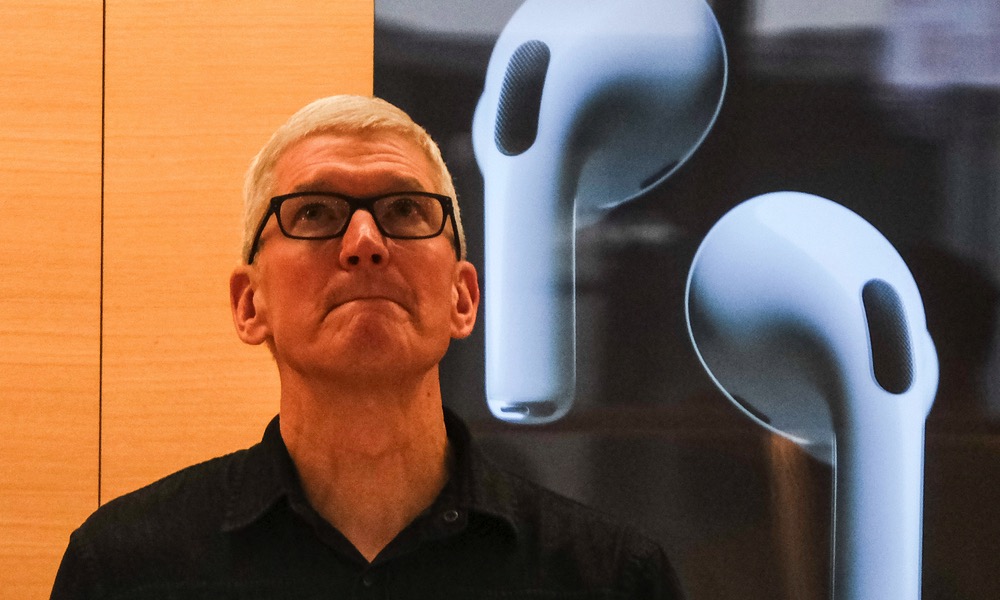Apple Bends to Please Landmark Korean App Payment Law | Will Developers Actually Benefit?
 Credit: Ringo Chiu / Shutterstock
Credit: Ringo Chiu / Shutterstock
Toggle Dark Mode
Last year, South Korea passed a landmark law that banned app store operators from forcing developers to use their own payment processing systems, and while Apple is now making changes to comply with that law, South Korean app developers aren’t necessarily going to get a big price break out of the deal.
According to The Korea Herald, Korea Communications Commission (KCC), South Korea’s telecommunications regulator, has reported that Apple has submitted its plans to comply with the new laws.
Although the report is scant on details about Apple’s specific plans, it does point out that the company still intends to collect a commission from developers who use alternative payment methods.
Apple said it plans to provide an alternative payment system at a reduced service charge compared with the current 30 percent charge.The Korea Herald
The exact service fee hasn’t been disclosed, so “reduced” could mean just about anything. Currently, Apple takes a 15-30 percent commission on App Store and in-app purchases and subscriptions made through its systems, depending on the overall revenue of the developer and the length of the subscription.
The nominal commission has always been 30 percent, however several years ago Apple reduced that to 15 percent for in-app subscriptions that last longer than a year, in an effort to encourage developers to create apps that make users want to stick around.
Then, last year, Apple dropped its standard commission to 15 percent for developers that were earning less than $1 million per year.
Presumably, Apple’s reduced fees will take these different arrangements into account, but it’s still not how “reduced” these fees will actually end up being.
Apple Still Gets Its Cut
What’s particularly interesting about most of the recent cases and regulations surrounding the App Store is that in all the rulings that have attempted to force Apple to allow alternative purchasing systems, none of them have ever gone so far as to say that Apple can’t still charge developers a commission on their sales.
Even in the landmark case with Epic Games, where Apple was asked to concede the single point of opening up to third-party payment systems, the judge specifically ruled that Apple would still be “entitled to a commission or licensing fee, even if IAP was optional.”
Ironically, that was one of the points that allowed Apple to get a stay on that injunction that would have required them to allow third-party payment systems. Among other points, Apple said it needed more time to figure out to audit and track third-party purchases so that it could bill developers accordingly.
In South Korea, however, Apple has little choice but to comply with the local laws, but it’s also not alone in its approach. Google, which is in the same boat as Apple, also announced in November that it’s going to provide an alternative payment system on its App Store “at a slightly reduced service charge.”
We’ll have to wait and see exactly how Apple plans to collect these fees from developers who use alternative payment systems. Presumably, it will have to figure out some way of auditing and tracking payments made through alternative means, and then invoicing developers. Contracts will also likely be rewritten to give Apple the most leeway to impose sanctions against developers who fail to pay their bills. After all, regardless of which payment system a developer is using, Apple still controls the App Store overall.







